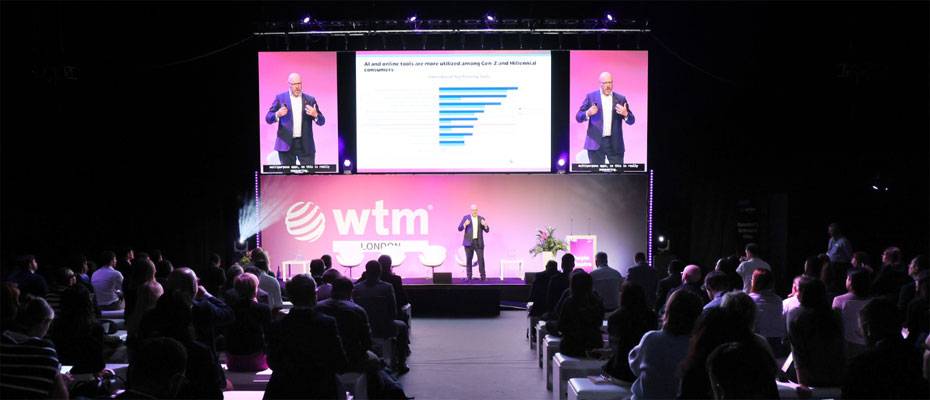Tourexpi
Artificial intelligence is a net positive for travel,
according to an audience vote that concluded a lively debate at the Technology
Summit during this year’s WTM London.
Two teams went head-to-head on the motion “AI is the
enemy of travel.” The opposing camp, led by Christian Watts of Magpie Travel,
prevailed over the proposition team led by Stephen Joyce of Protect Group.
While critics argued that AI “removes the magical human chaos of being
somewhere new,” supporters countered that AI is already transforming how people
plan, book, and experience travel.
AI in travel: from operations to experience
Advocates noted that AI is freeing travel
professionals from administrative workloads, improving destination
recommendations, and enhancing in-trip services. The audience vote — decisively
in favour of AI — reflected optimism about its future potential. Watts joked
that it had been “a tough day for the humans,” but acknowledged that sentiment
was driven more by where AI is going than where it currently stands.
Across multiple sessions, speakers shared insights
into how AI is being integrated into every layer of travel. James Spalding from
Trip.com described an AI-enabled global support system that tailors responses
to local markets and knows when to transfer complex queries to human agents. Qais
Amori from Almosafer discussed AI’s growing role in fraud detection, while Melissa
Skluzacek of easyJet said AI now supports “all commercial and operational
functions,” acting as “an extra pair of hands.” Sally Bunnell from NaviSavi
revealed how AI curates and tags user-generated content to make it usable for
brands — with integrated booking options.
A bigger picture of growth and opportunity
Opening the summit, Dave Goodger of Tourism Economics
presented findings from the WTM Global Trends Report 2025, showing that 30% of
travellers believe AI will increase their travel spending. With global tourism
continuing to grow, he said, AI will have an even greater opportunity to
benefit both travellers and businesses.
WTM London’s Technology Partner, Holafly, represented
by CEO Pablo Gómez Fernandez-Quintanilla, noted that the convergence of
international travel, hybrid work, and the need for constant connectivity is
driving demand for seamless digital solutions like global eSIMs.
However, Filip Filipov of OAG raised a red flag for
the industry: AI’s efficiency could dramatically alter look-to-book ratios for
online travel agents — from the current 1,000:1 to potentially 1 million:1 once
agentic AI becomes mainstream.
Personalisation remains key
While AI dominated the discussion, many speakers
highlighted that personalisation and contextualisation remain essential.
Understanding why travellers go somewhere, not just who they are, was described
as the next frontier for meaningful digital engagement.
Looking ahead: disruption with purpose
Summit organiser Timothy O’Neil-Dunne of T2Impact
reflected on the event’s main theme: “Travel has a lot on its plate — from
global uncertainty to rapid technological disruption. But amid this change, the
industry’s focus is clear: to use AI and innovation not for the sake of
automation, but to make travel better for real people.”
Image
Credit: © WTM
The most interesting news
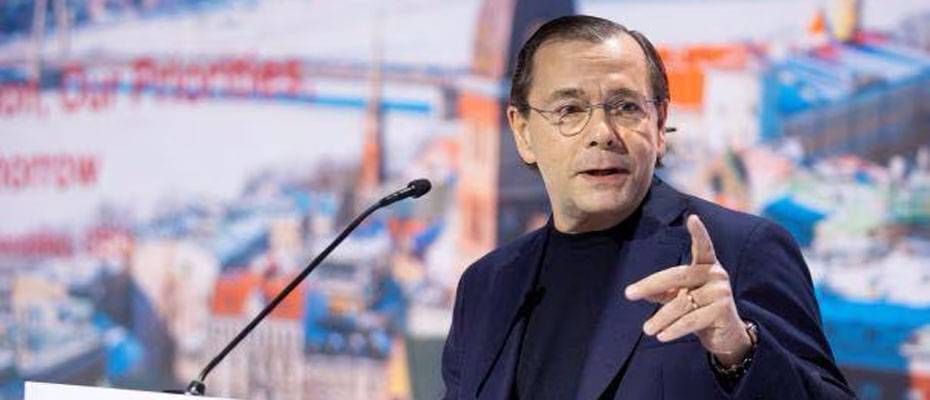 Read the News
Read the News

The Club Hotel Services expands Pulse and GEMS to drive integrated commercial performance
Radisson Hotel Group strengthens data-driven revenue, sales and meetings operations through proprietary platforms
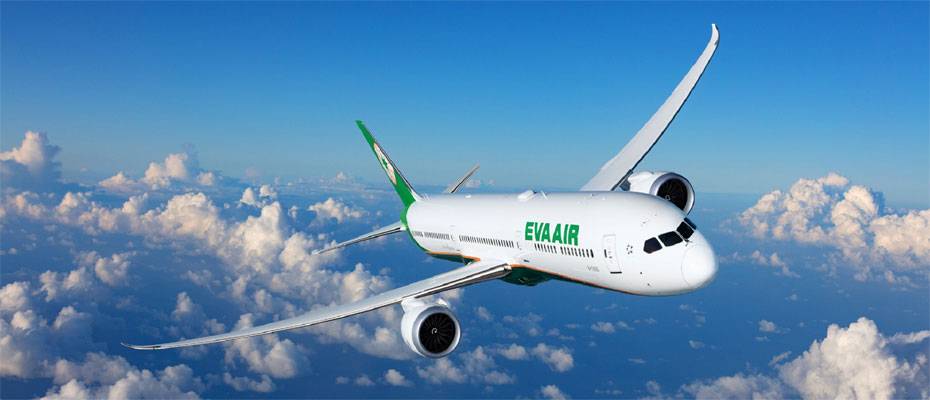 Read the News
Read the News

EVA Air expands U.S. network with nonstop Taipei–Washington service
New route launches on 26 June with four weekly flights
 Read the News
Read the News

The Ritz-Carlton and Kilometre Paris unveil handcrafted travel capsule
Limited-edition accessories inspired by four iconic coastal resorts
 Read the News
Read the News

TUI Annual General Meeting approves return to dividend
Shareholders endorse new dividend policy and governance adjustments
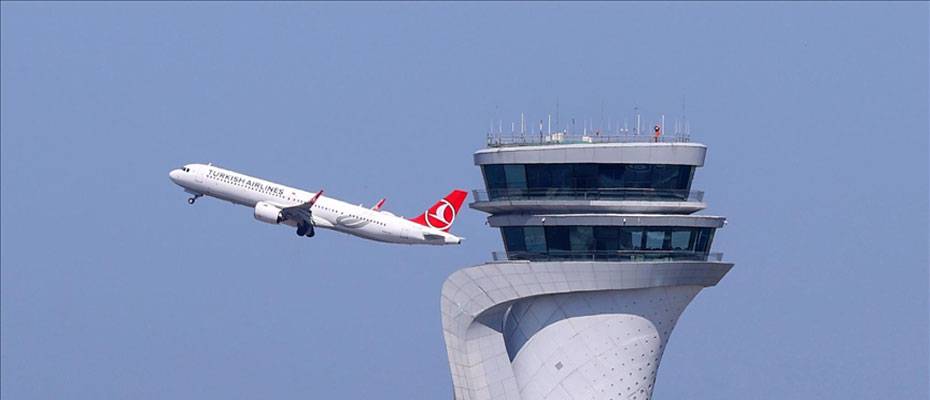 Read the News
Read the News

Turkish Airlines Carries 7,6 Million Passengers in January
Flag carrier reports double-digit growth and strong load factor at the start of 2026
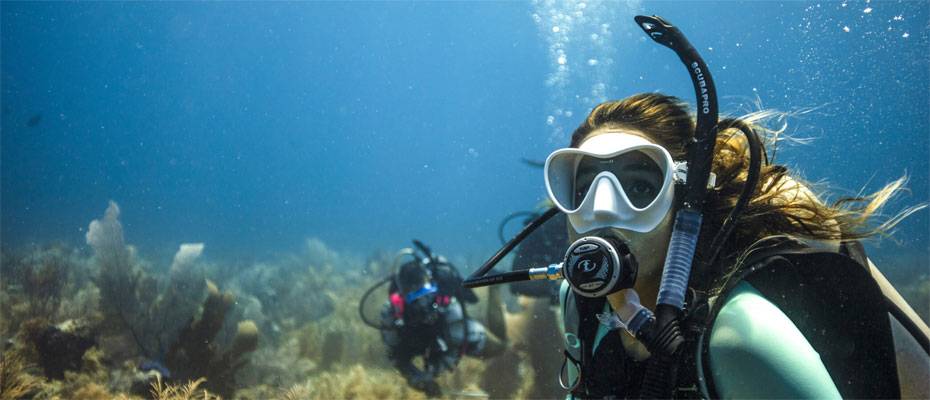 Read the News
Read the News

TAT Strengthens Dive Tourism with PADI Partnership
New alliance positions scuba diving as a wellness-led, responsible travel experience under the global “Healing is the New Luxury” campaign
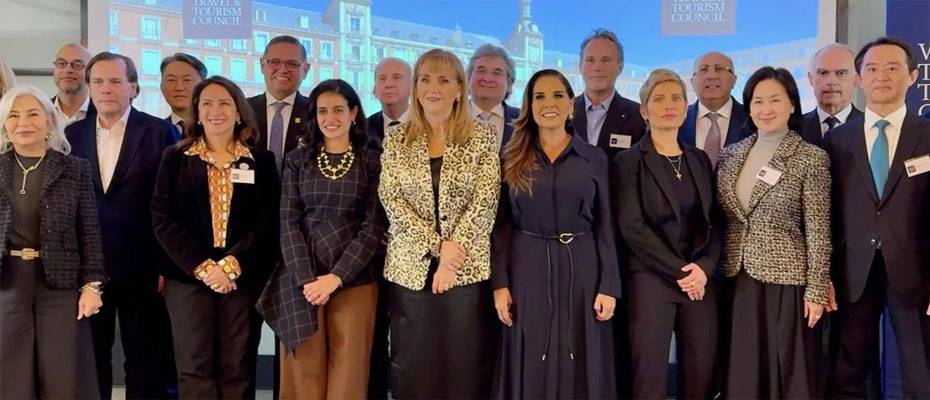 Read the News
Read the News

WTTC high-level meeting in Madrid explores global investment outlook for Travel & Tourism
Industry leaders and policymakers highlight growth potential, sustainability and the role of public-private partnerships
 Read the News
Read the News

Sabre accelerates air shopping with cache-powered intelligent technology
New AI-driven solution delivers real-time, bookable flight offers in under 500 milliseconds while reducing look-to-book ratios
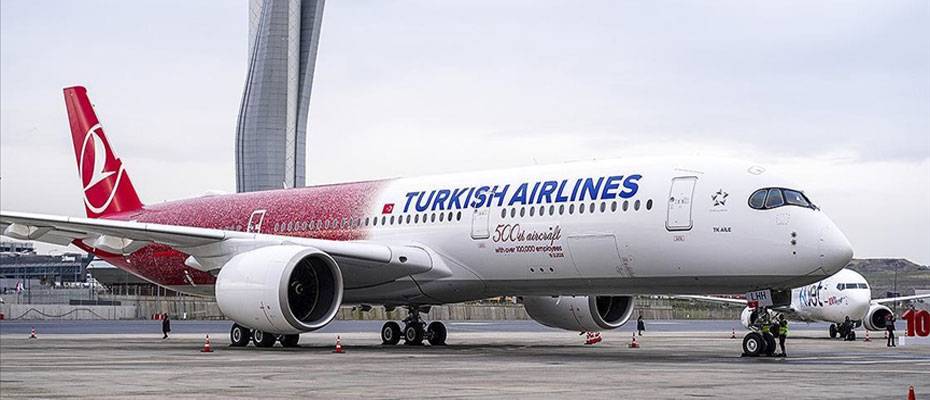 Read the News
Read the News

Turkish Airlines welcomes 500th aircraft
Airbus A350 named “TK Aile” features images of 100,000 employees
 Read the News
Read the News

China Cultural and Tourism Gala marks Spring Festival with Yangjiang launch
Nearly 20-hour livestream showcases Guangdong and nationwide destinations for domestic and international audiences
 Read the News
Read the News

Marriott International posts record growth in Greater China
More than 200 deals signed in 2025, expanding pipeline by 36,000 rooms / Luxury, premium and select-service brands drive development momentum
 Read the News
Read the News

Disney Cruise Line unveils expanded summer 2027 programme
New European season for Disney Wish, broader Caribbean and Alaska itineraries / Marvel and Pixar themed cruises return
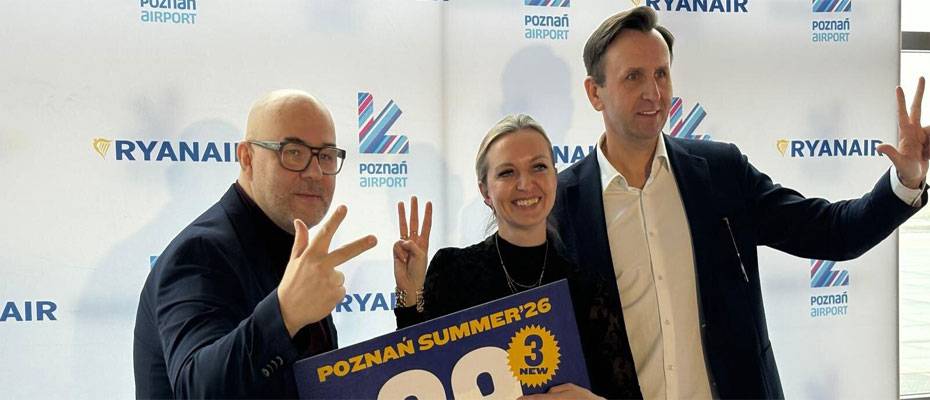 Read the News
Read the News

Ryanair unveils Summer 2026 schedule for Poznań
39 routes, including three new destinations, and five based aircraft
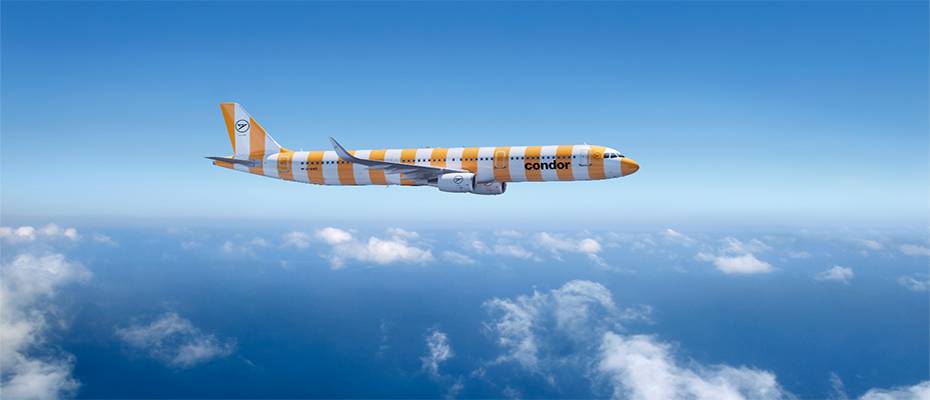 Read the News
Read the News

Condor Launches Inaugural Flight to Haikou, Expanding China Network
Seasonal service strengthens presence on Hainan Island and responds to peak holiday demand
 Read the News
Read the News

Princess Cruises Celebrates Ospitalità Italiana Certification for Alfredo’s Pizzeria
Prestigious seal honors authentic Italian pizza aboard Sun Princess and Star Princess
 Read the News
Read the News

Radisson Hotel Group and Amadeus introduce direct API connectivity
New interface links EMMA CRS with the Amadeus Travel Platform
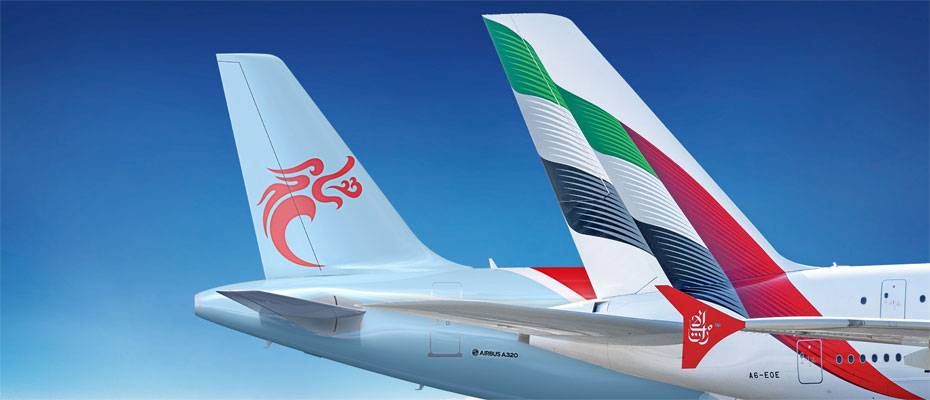 Read the News
Read the News

Emirates broadens China network via Loong Air partnership
Interline agreement opens access to 22 additional destinations
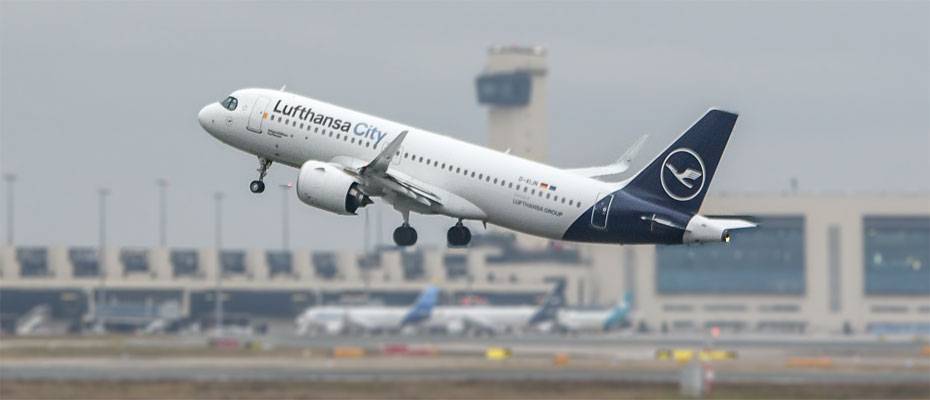 Read the News
Read the News

Lufthansa City Airlines opens Frankfurt base
Operations begin at the Group’s largest hub on 9 February 2026 / Five destinations at launch, fleet to grow to seven A320neo aircraft by autumn
 Read the News
Read the News

Hilton Accelerates Growth in Türkiye With Five New Hotel Signings
Expansion across four brands strengthens lifestyle portfolio and regional footprint
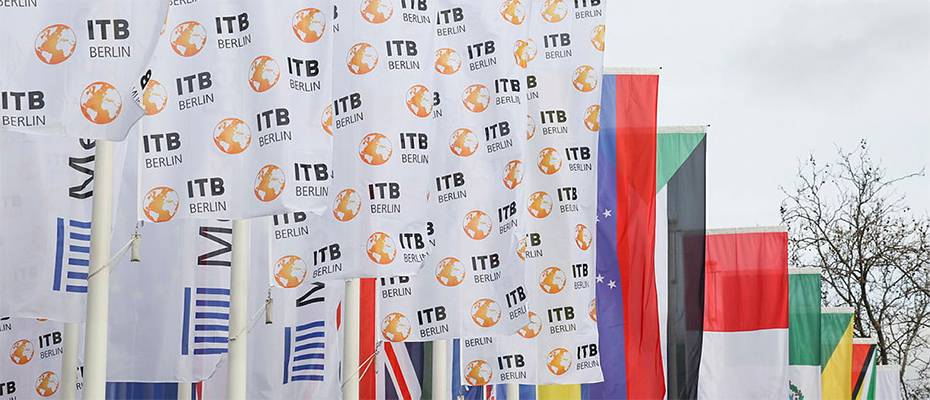 Read the News
Read the News

ITB Berlin 2026 fully booked for milestone edition
Anniversary show draws exhibitors from over 160 countries
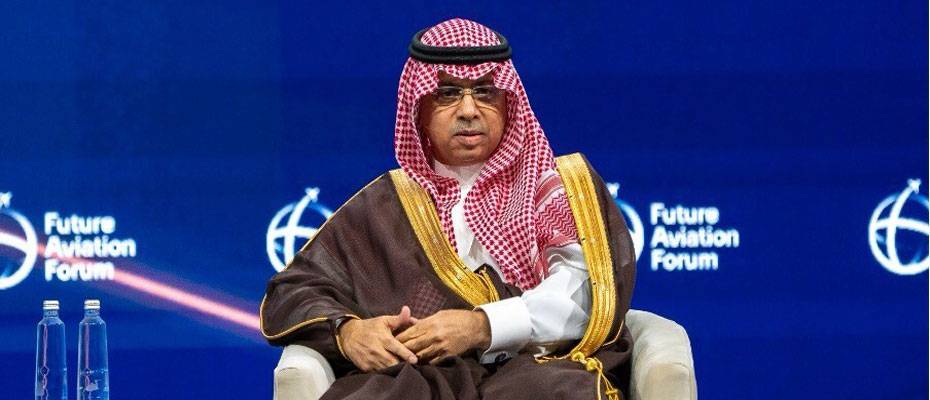 Read the News
Read the News

Saudi Arabia confirms 2026 Future Aviation Forum in Riyadh
Global industry gathering returns from 20–22 April

